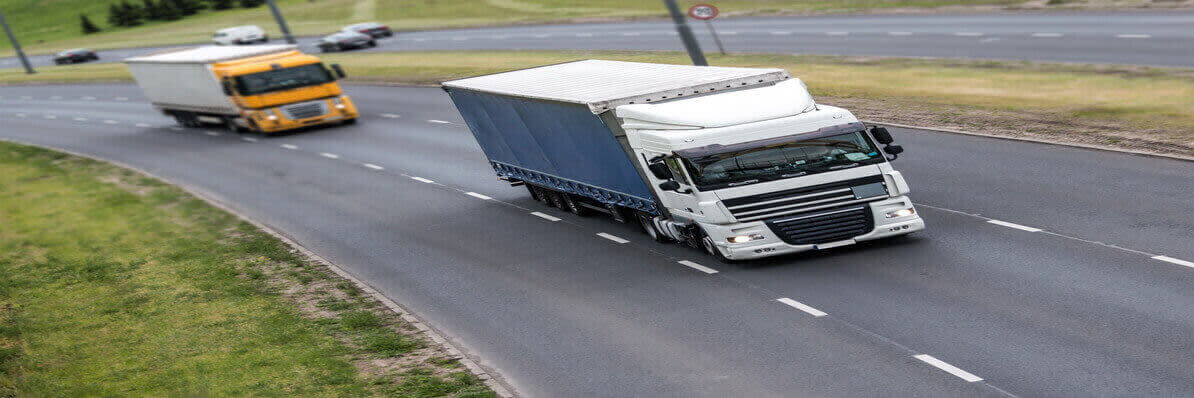Get ready for the road train
Late next year, when you see a convoy of HGVs that look like they are driving too close together, try not to panic; they are supposed to be that close.
Known as platooning, the lorries can drive much closer together – even closer than would be comfortable for a car to squeeze between them – than would be safe for human drivers, connected by a wireless link. These HGVs will be able to synchronise breaking and accelerating with the first, human-controlled truck. Furthermore, as the lorries will be so close together they will be able to significantly reduce wind resistance as the first lorry will push the air up and out of the way.
The lorries have been tested across the world, including Japan, Germany and the US, so it’s no surprise that the government has given £8.1 million in funding to start on-the-road trails. Transport Research Laboratory will run the testing, using Dutch lorry maker DAF Trucks, German delivery group DHL and UK technology company Ricardo.
While the technology sounds revolutionary, there are doubts about whether the trucks will work on UK roads; the lorries work best on long stretches of straight, clear roads. So the congested, stop-start traffic of the UK motorway and winding A-roads are not what the HGVs are intended for.
There are a lot of concerns over safety, with common questions including ‘what happens if a car manages to squeeze in between the lorries’ and ‘will the platoon block motorists trying to leave or enter the motorways’. For both of these questions, the answer seems to be that although the HGVs will be controlled remotely from the first lorry, each lorry will have a driver inside. These will be back-up drivers that are capable of taking control of their respective lorry to make sure that they don’t block lanes or can break away from the platoon to keep other drivers on the road safe.
If the initiative works and is confirmed to be safe, it can lead to lower emissions, less congestion and cheaper fuel bills, but with the busiest roads in Europe, unleashing these road trains across the UK could just not be practical.
